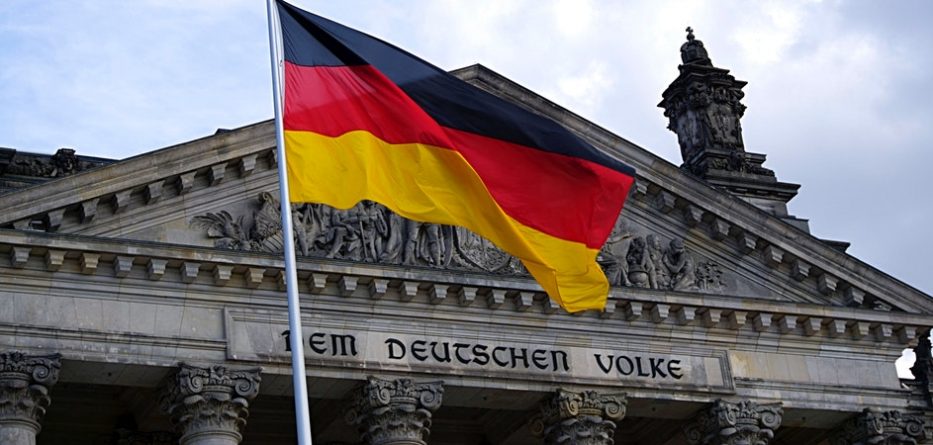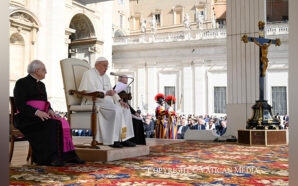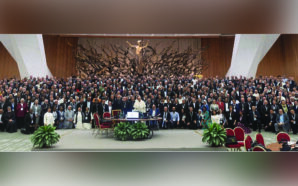The first synodal assembly on the future the Catholic Church in Germany drew both praise and some criticism, with many of the 230 participants lauding what they called a special atmosphere in the debates on key reforms.
Cardinal Reinhard Marx, president of the German bishops’ conference, said the spirit of the talks had been “positive and encouraging” and referred to the synodal path process as a “spiritual experiment,” reported the German Catholic news agency KNA.
Thomas Sternberg, president of the Central Committee of German Catholics, which represents laypeople, said: “No one is disputing the other’s piety here.” A “new image of the church” had been seen in the Frankfurt talks, he said.
But there was criticism too, particularly from Cologne Cardinal Rainer Maria Woelki, who said: “All my fears were confirmed, actually.” He said the synodal path had installed a form of Protestant church parliament, and delegates who were sceptical of the reform process had found it comparatively difficult to have their say.
In an interview with KNA, the cardinal also said the talks had been marred by theological shortcomings.
“My impression is that much of what belongs to theological doctrine is no longer shared here with us, and instead one believes that one can shape the church in a completely new and different way,” he said. Many arguments presented had not been compatible with the faith and teaching of the universal church, he added.
The synodal assembly is the highest decision-making body of the synodal path, an effort by the bishops’ conference and Central Committee of German Catholics to restore trust following a September 2018 church-commissioned report that detailed thousands of cases of sexual abuse by Catholic clergy over six decades. Catholic observers from eight neighbouring countries as well as delegates from other denominations and churches monitored the Synodal Assembly in Frankfurt Jan. 30-Feb. 1.
To continue reading this article, click here.
With thanks to National Catholic Reporter (NCR) and Catholic News Service (CNS), where this article originally appeared.








